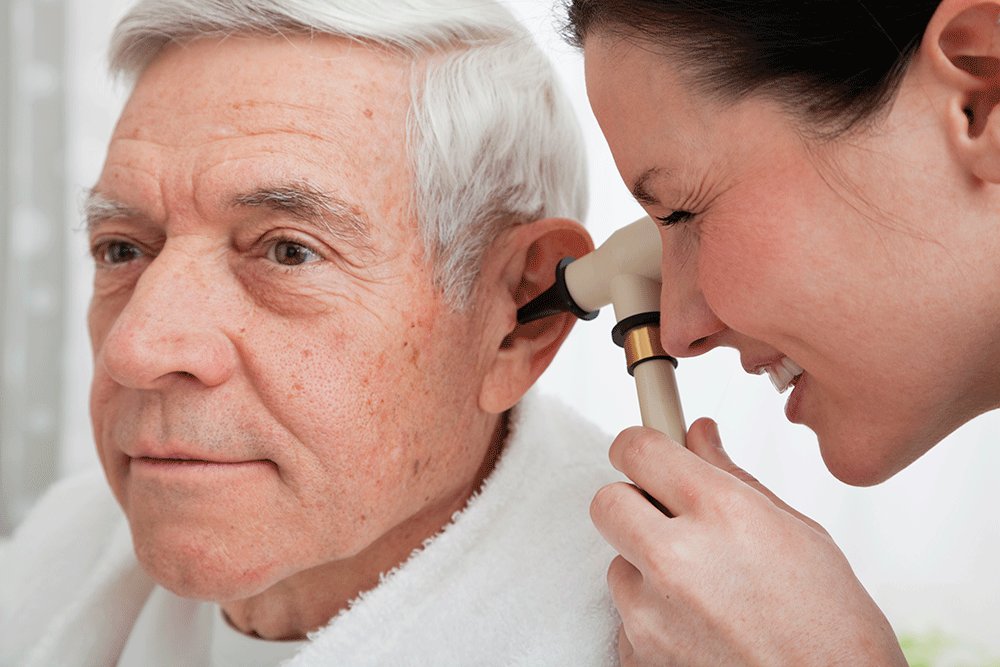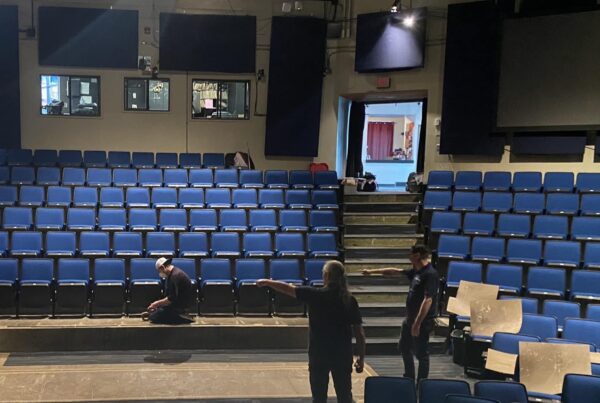What? Can you repeat that? Why are you mumbling? If you’re starting to ask these questions more frequently, it may be time to consider a hearing checkup.
According to the National Institutes of Health (NIH), “Hearing loss is a sudden or gradual decrease in how well you can hear. It’s one of the most common conditions affecting older and elderly adults. Approximately one in three people between the ages of 65 and 74 has hearing loss, and nearly half of those people older than 75 have difficulty hearing.”
The NIH cites valuable reasons for scheduling a hearing checkup if you’re experiencing trouble hearing:
1. Hearing-problems can make it challenging to understand a doctor’s advice. It can also make it hard to enjoy talking with friends and family, which can be frustrating and embarrassing.
2. People with poor hearing are unable to respond to warnings, and hear alarms, which can lead to dangerous situations. The inability to hear doorbells and telephones ringing can have adverse consequences.
3. Hearing loss has been linked to dementia and depression, and it causes people to isolate themselves and withdraw from valuable social interactions. Even mild hearing loss can prompt people to avoid social situations such as church, parties, and restaurants.
If you suspect hearing loss, the NIH urges people to seek professional advice. “There are several ways to do this. You can start with your primary care physician, an otolaryngologist (a doctor specializing in the ear, nose, and throat), an audiologist (a hearing professional who can measure and treat certain types of hearing loss, often with hearing aids), or a hearing aid specialist.”
The NIH details various treatments, including hearing aids worn in or behind the ear, cochlear implants surgically implanted in the ear, amplified assistive listening devices, and lip-reading training.




